How to Keep Your Pet Safe From Fleas and Ticks
Parasite season is upon us. On Long Island, flea and tick season usually peaks during May and June, but it starts as early as late March and can last through October. Fleas and ticks not only cause pets discomfort, but they also carry several diseases that can harm your pet’s health and that of your human family members, too! Consider the following tips to make sure your pets are protected from fleas and ticks this season.
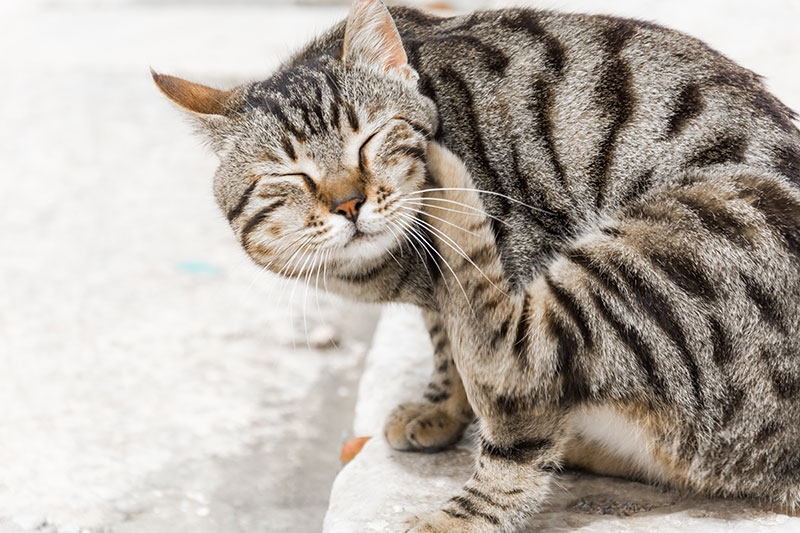
3 Tips to Keep Your Pets Safe From Fleas and Ticks
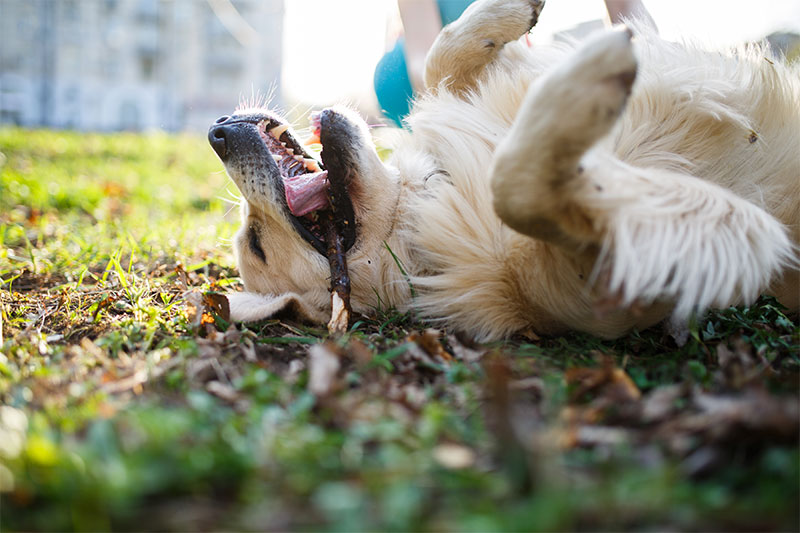
1. Use a Parasite Preventative
Hands-down, using a parasite prevention medication is the best way to protect your pets from picking up fleas and ticks. These come in a variety of forms including topical ointments, medicated collars, and oral tablets. These need to be applied, replaced or administered at different times throughout each parasite season.
The best products for your pets depend on species, size, and the other pets in your household. Do not use parasite preventatives intended for one species on another, as this can be very dangerous for pets.
For best results, never miss a dose and carefully follow your package’s administration instructions.
2. Groom Regularly
Keep your pet’s coat free from debris and any lingering pests with regular appointments for professional brushing and bathing – or brush your pet out at home after walking in any brushy areas.
3. Avoid Parasite Paradises
During peak parasite season, it’s smart to avoid areas where parasites will be out in large numbers. Try to keep your pets out of grassy, brushy, or heavily wooded areas. Keep your lawn well-trimmed and maintain their immediate outdoor environments so they’re clean and free from debris, grass clippings, and brush, as these areas harbor fleas and ticks.
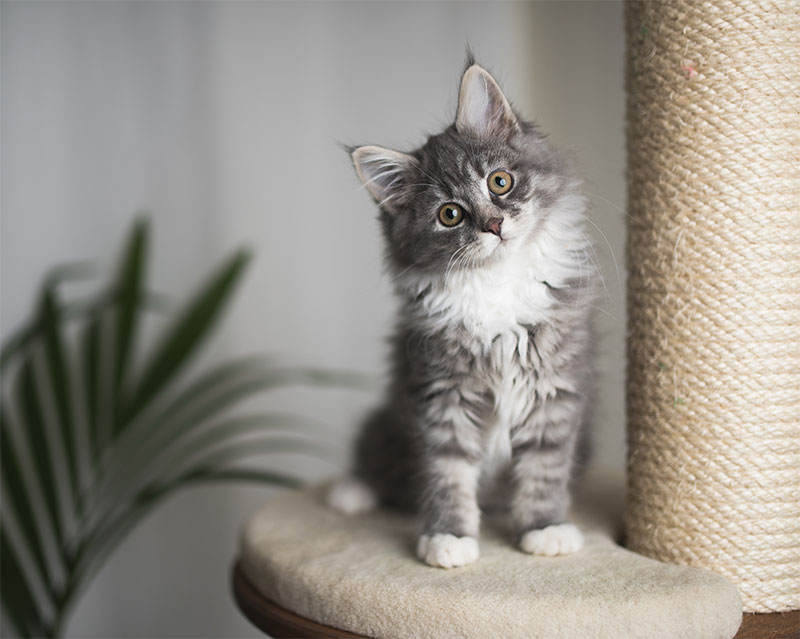

Parasite Prevention for Your Pet From VetMedics Compounding Pharmacy
If you’re looking for a high-quality parasite preventative for your pet or suggestions about the best product that will effectively protect your pet while being safe for your entire household, we welcome you to contact a pet med pharmacist at VetMedics Compounding Pharmacy. We can help you select an effective product based on your lifestyle and your pet’s species and size that will be safe for all the pets and children living in your household.
To learn more about the variety of parasite preventatives for cats and dogs, we invite you to contact us today.
 ACCOUNT LOGIN
ACCOUNT LOGIN ACCOUNT SIGN-UP
ACCOUNT SIGN-UP




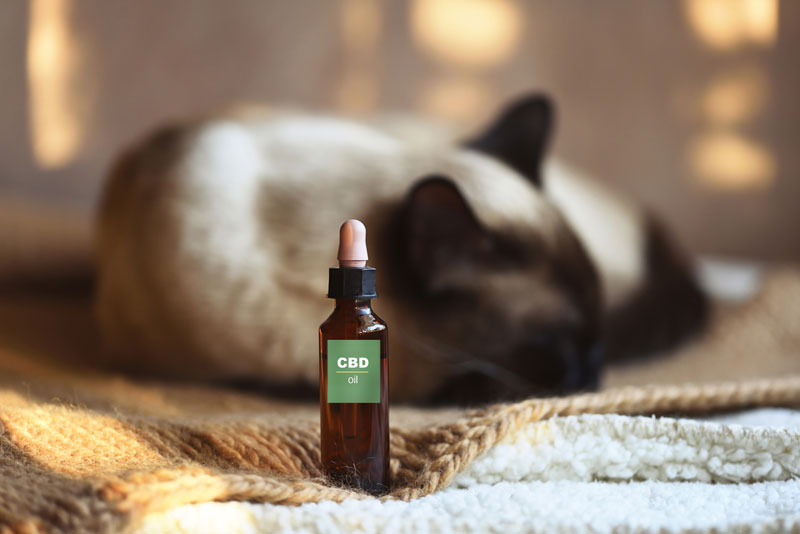
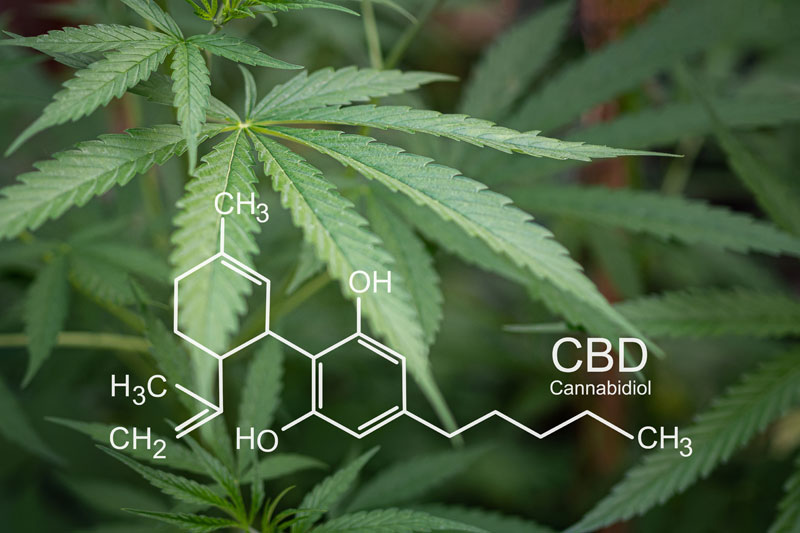
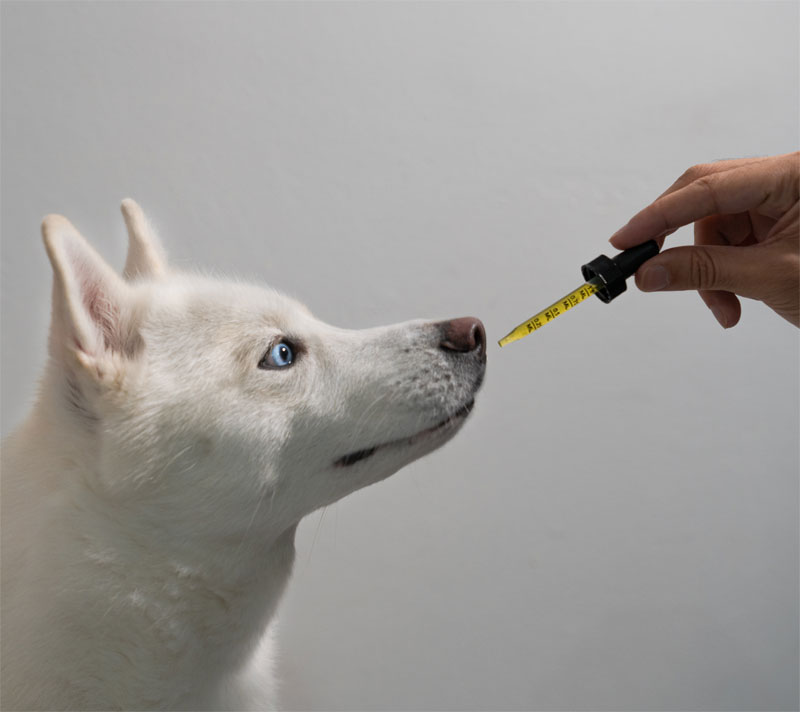
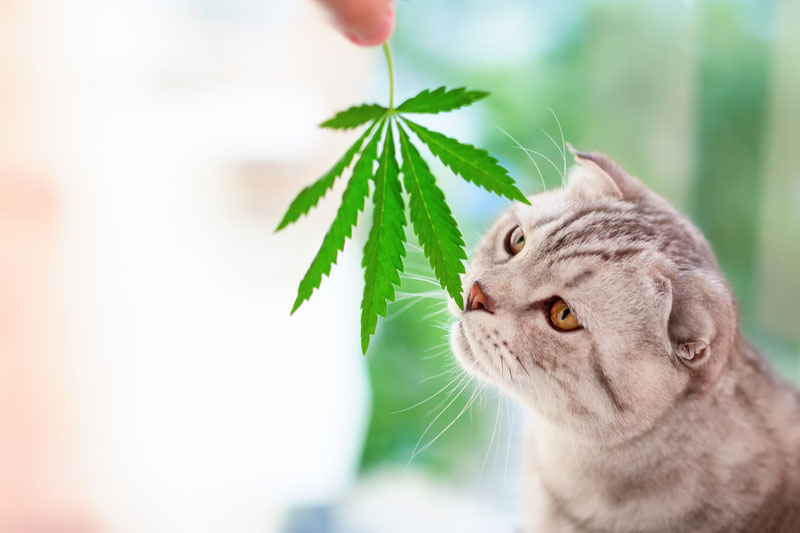
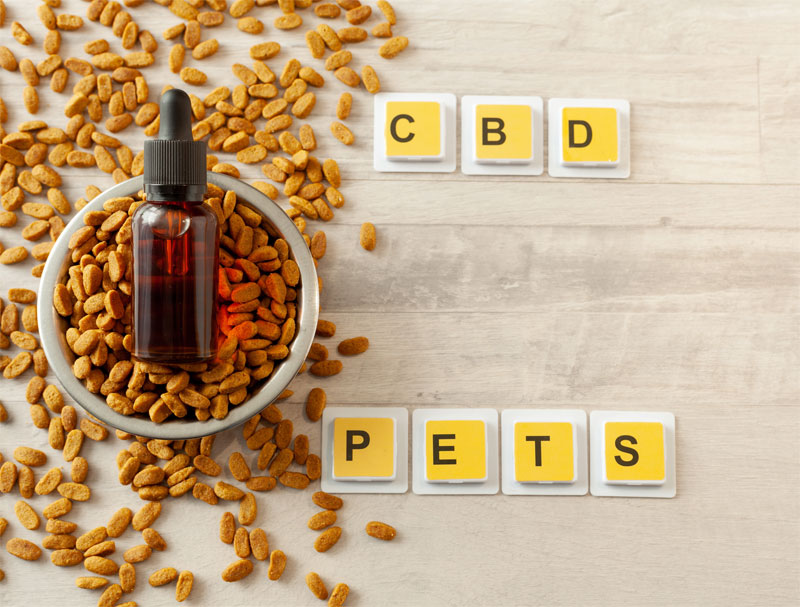



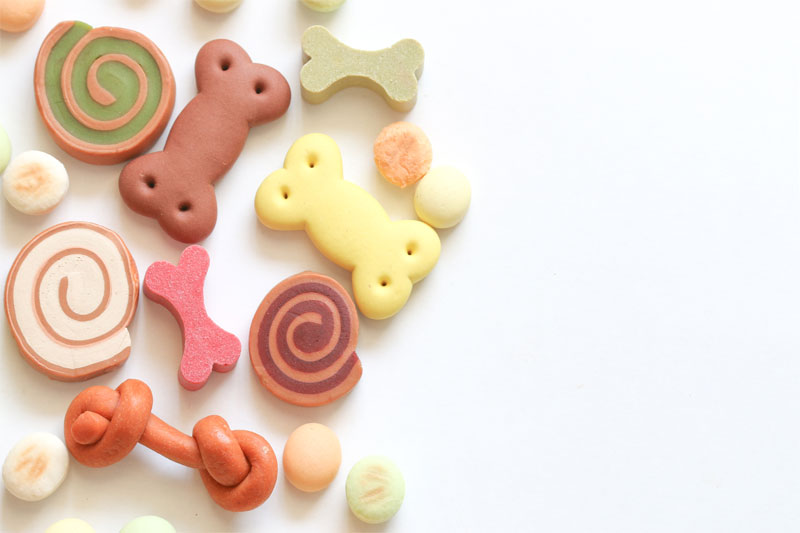



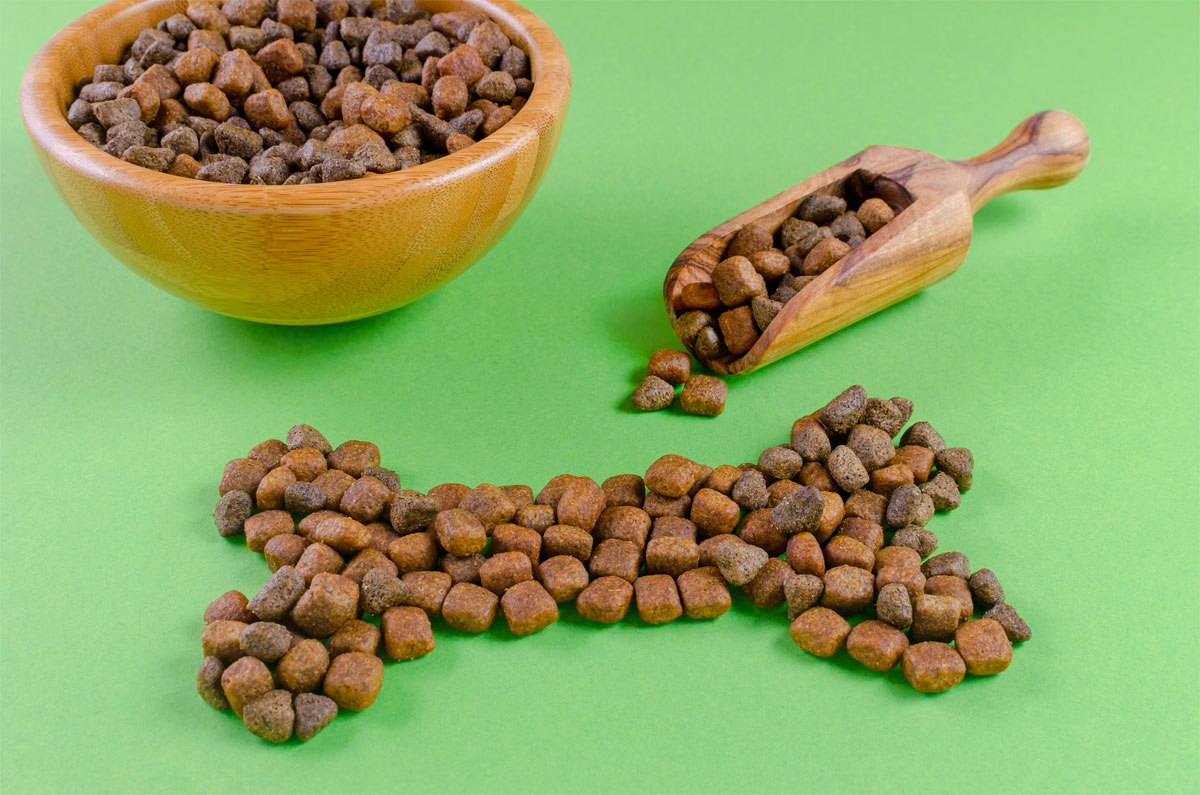

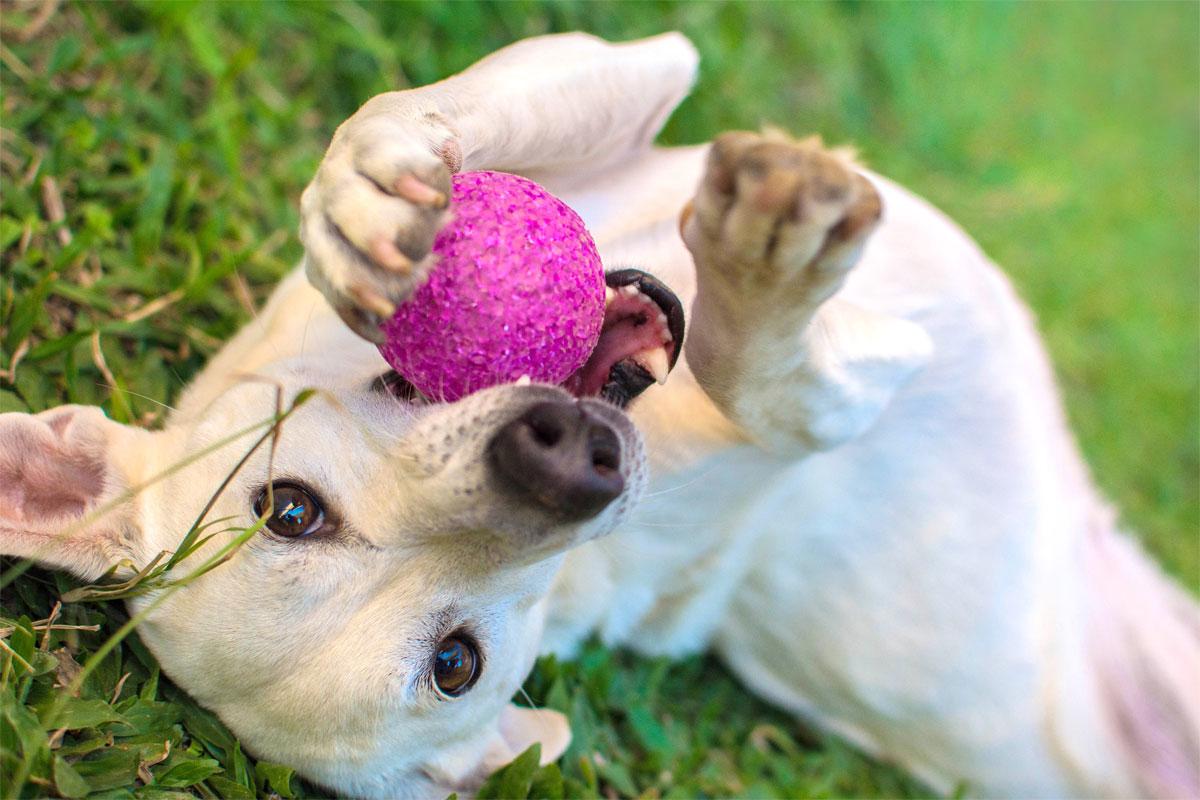



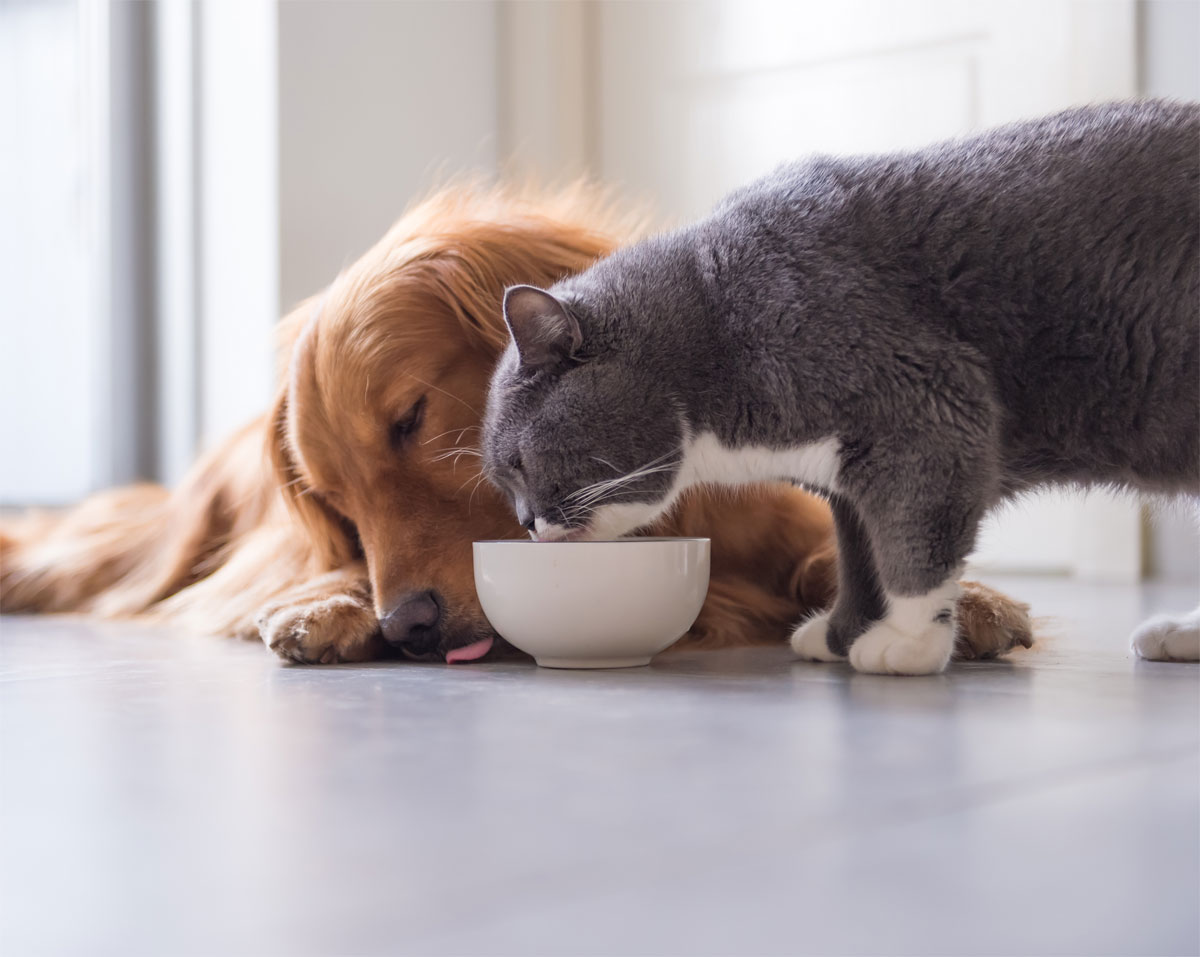
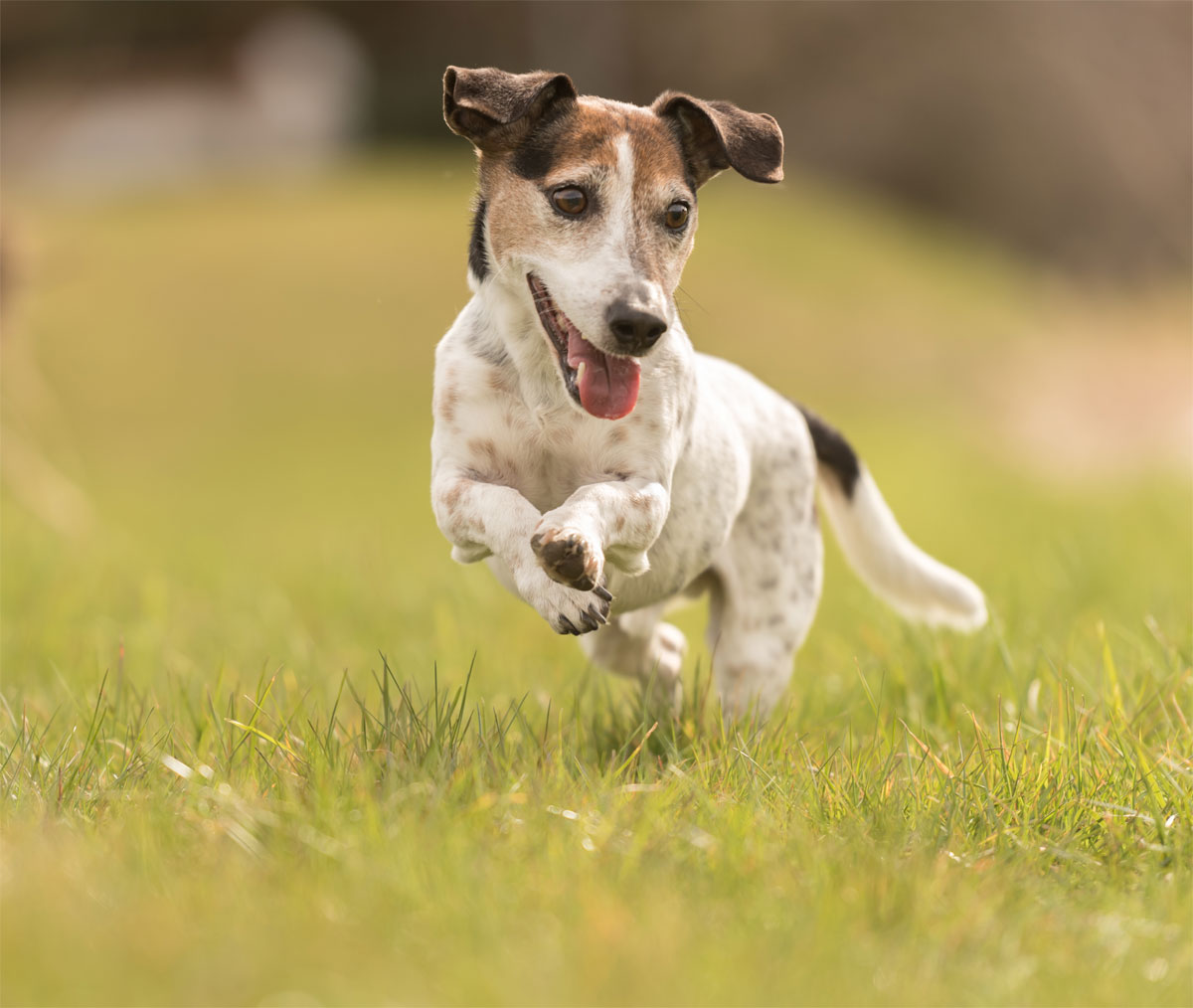
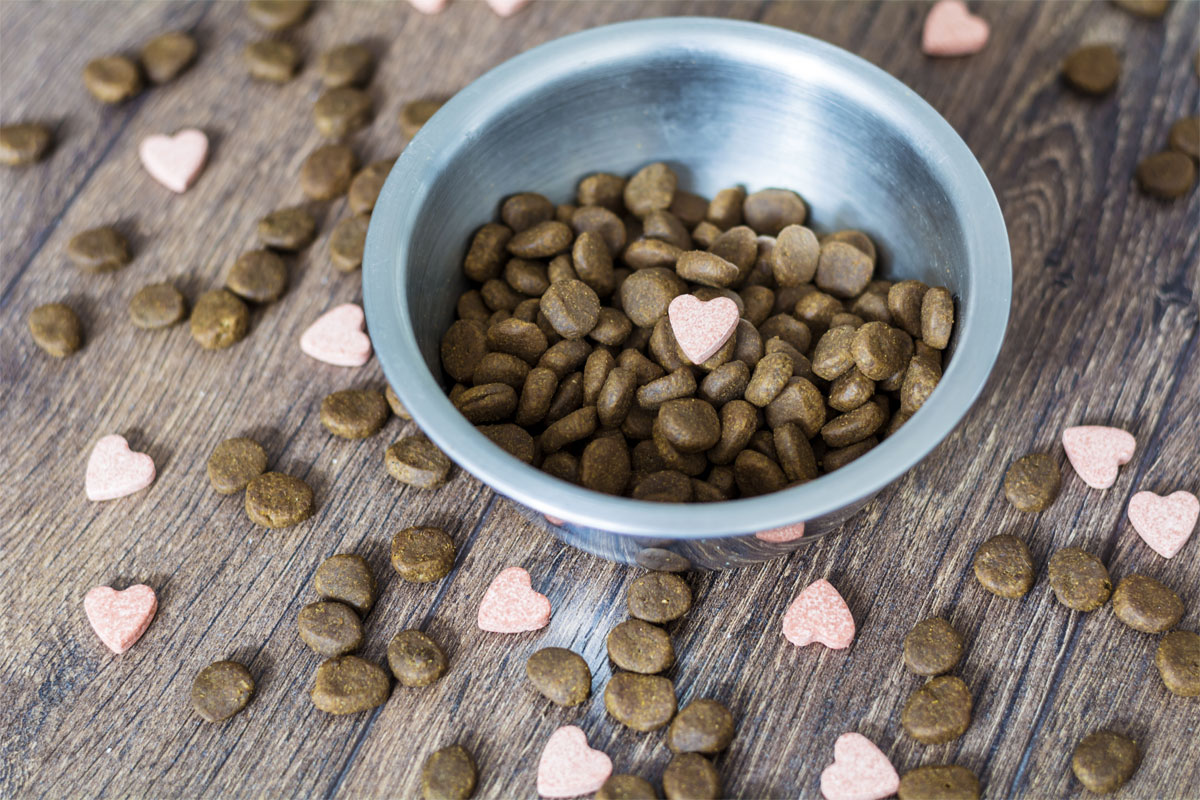






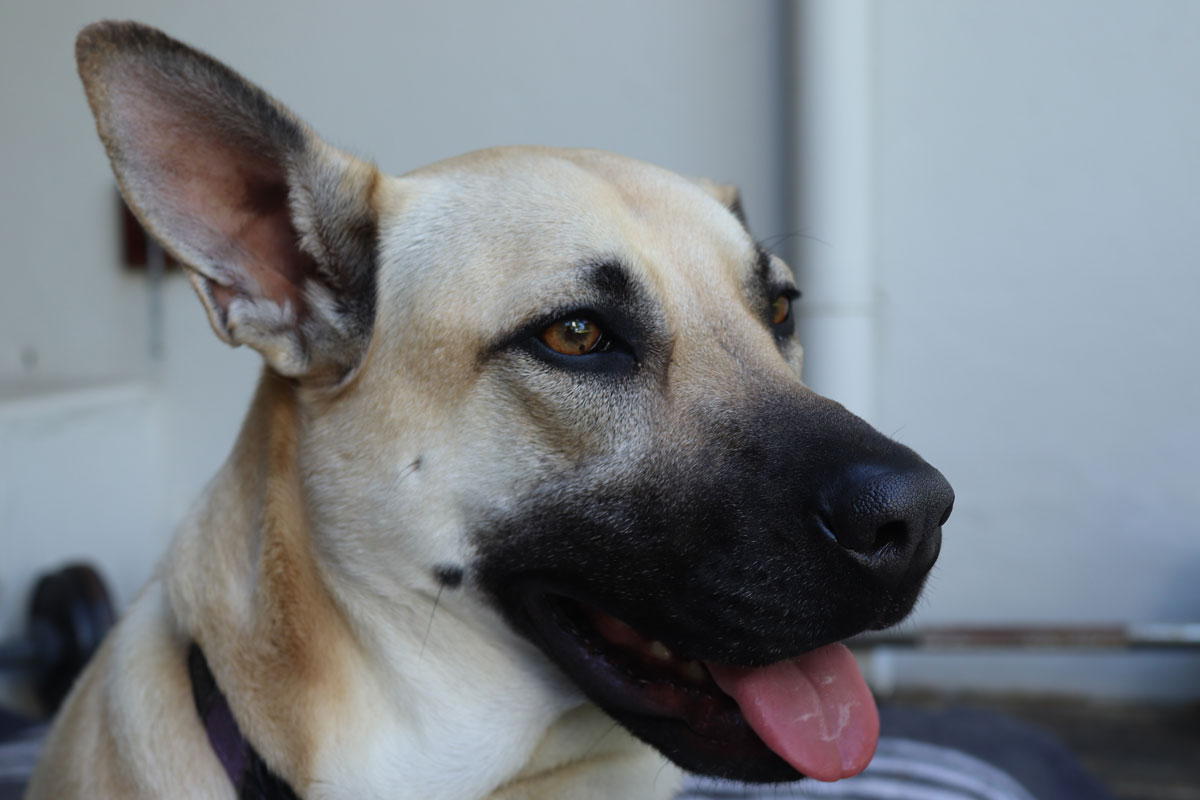



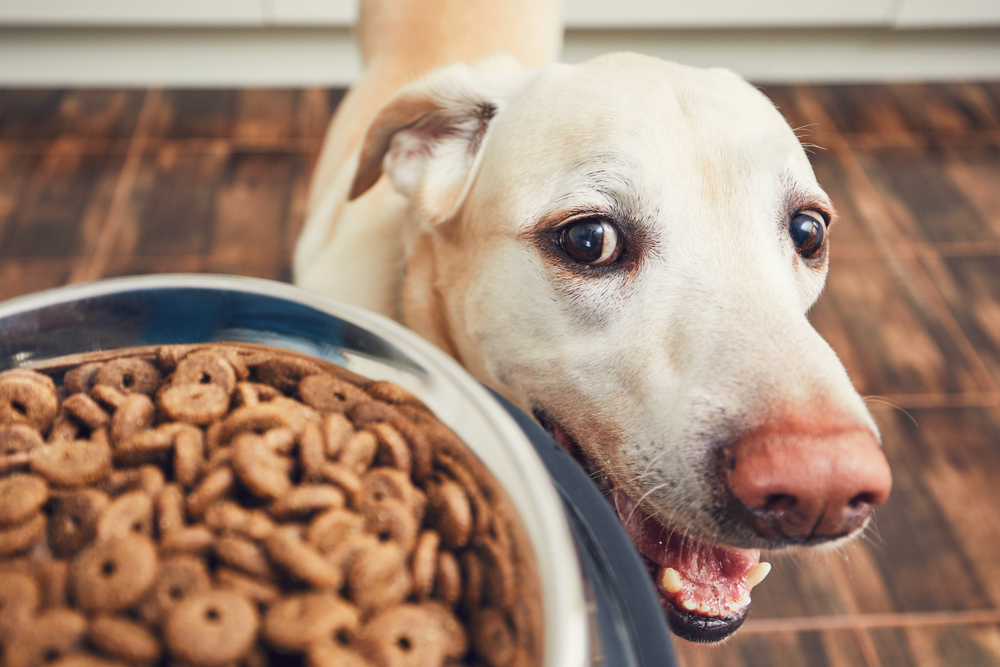

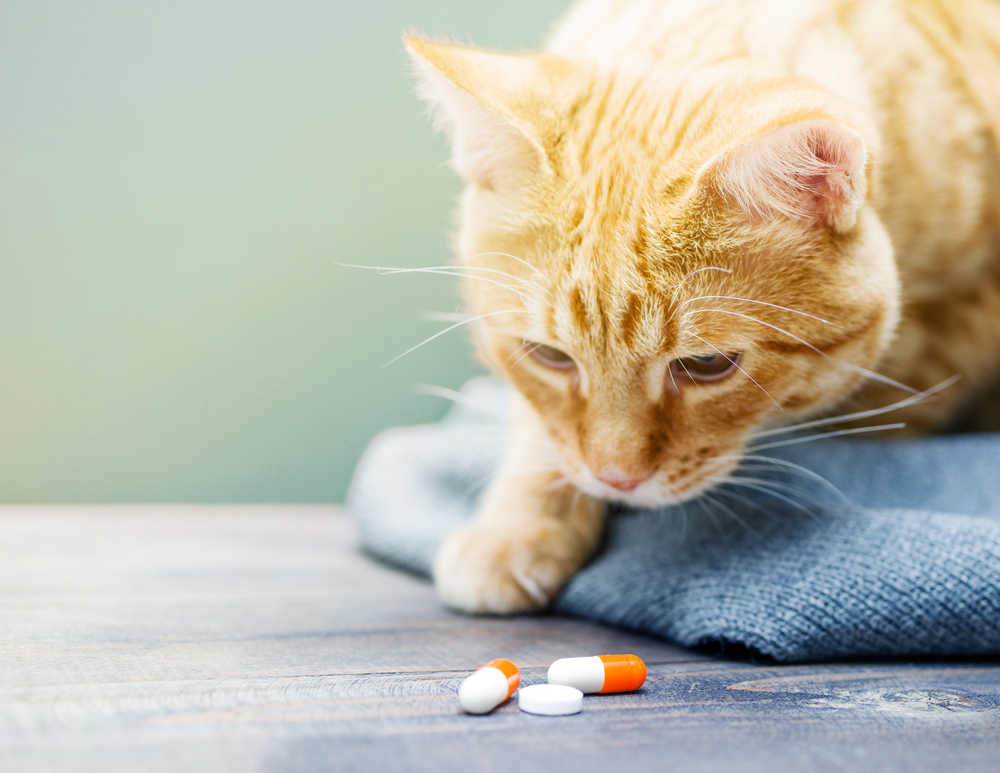


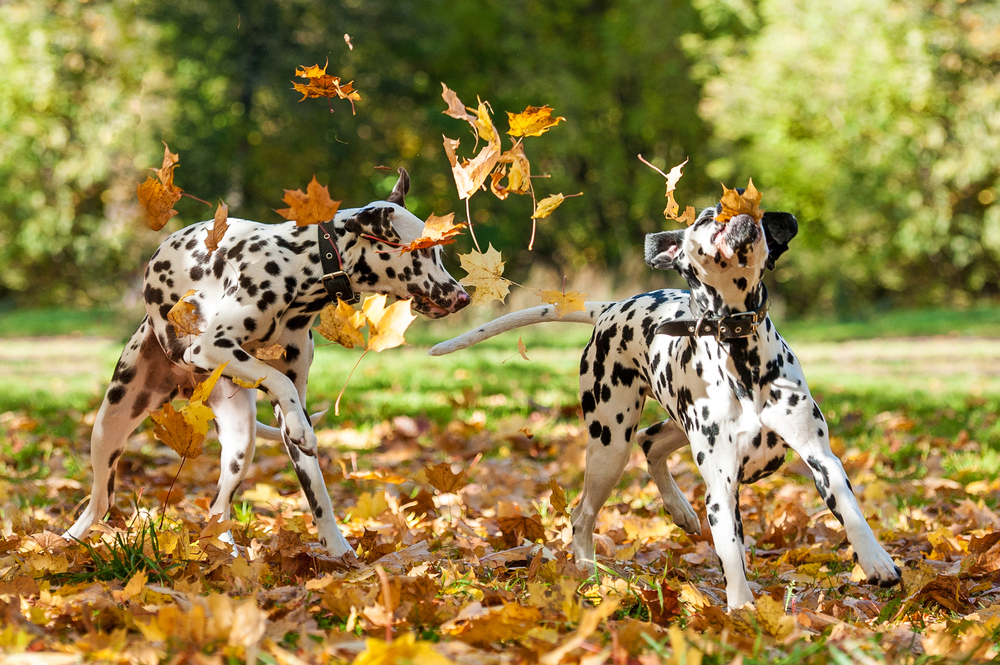



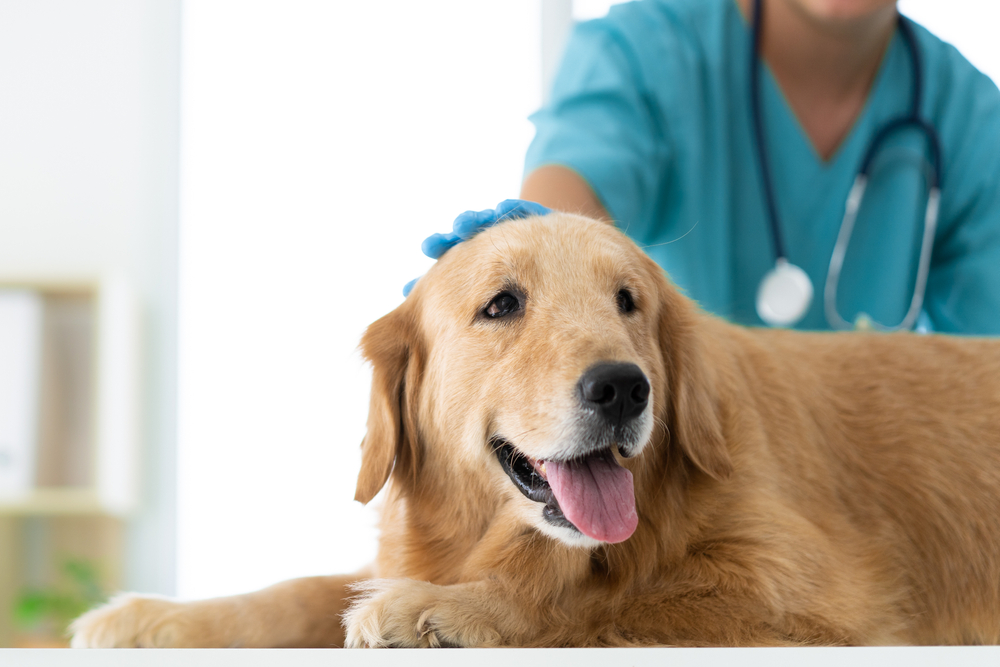



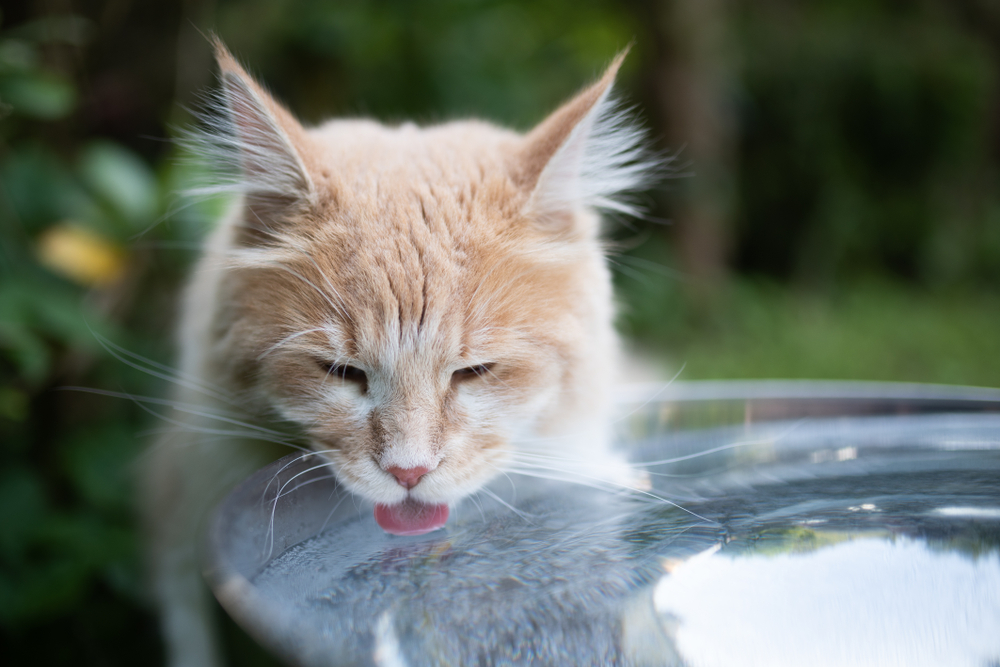
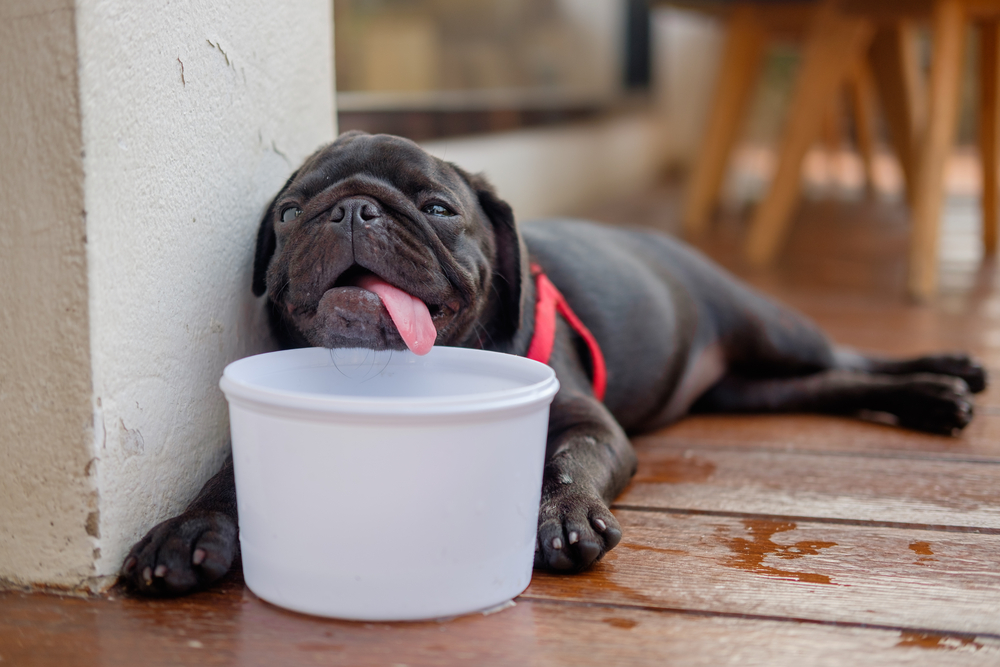
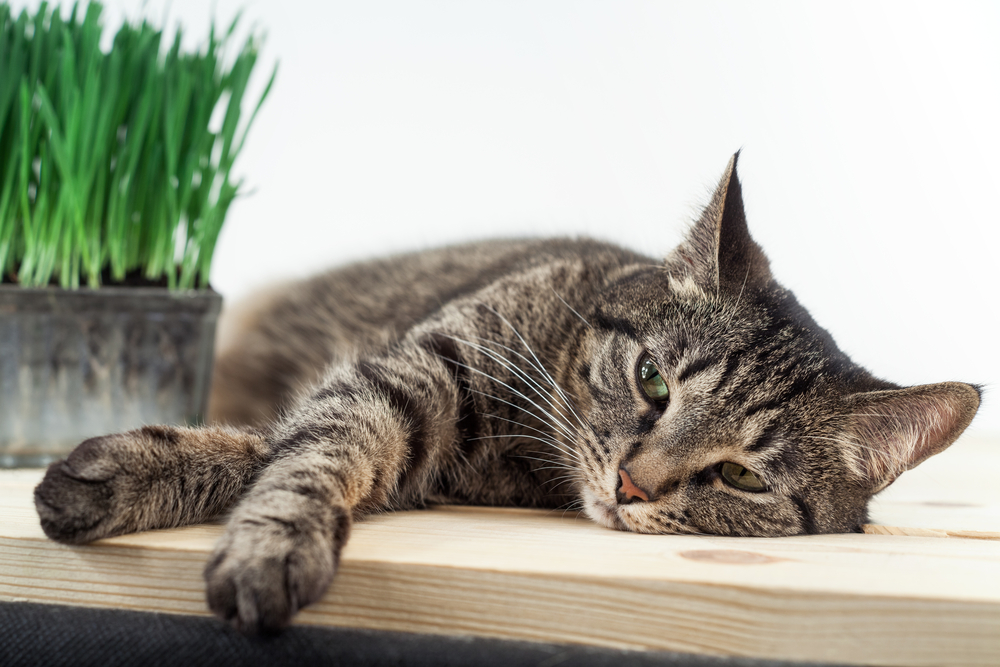
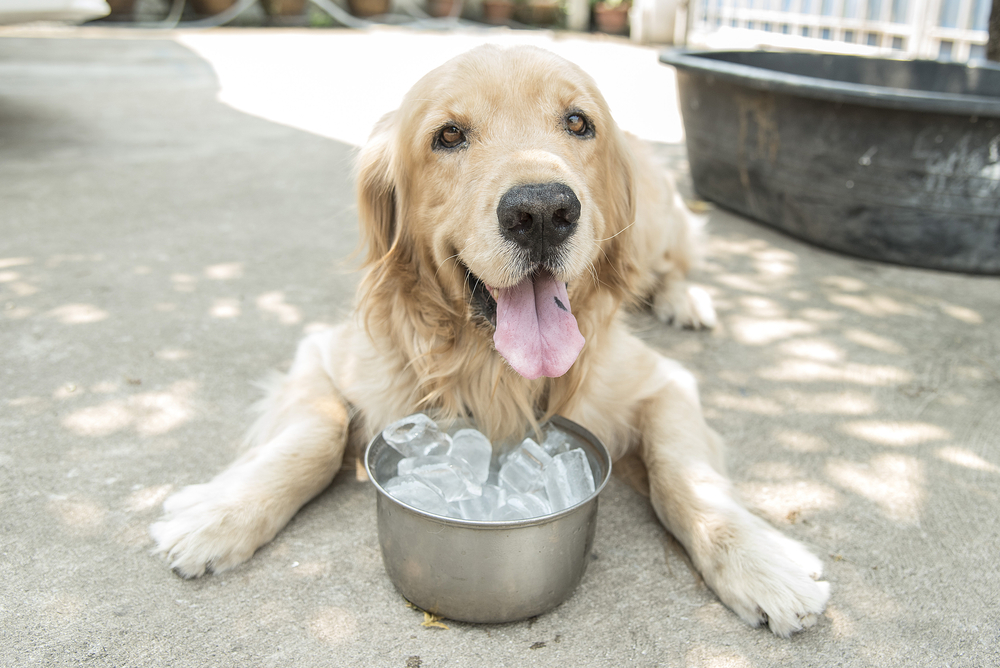


 CLINIC LOGIN
CLINIC LOGIN